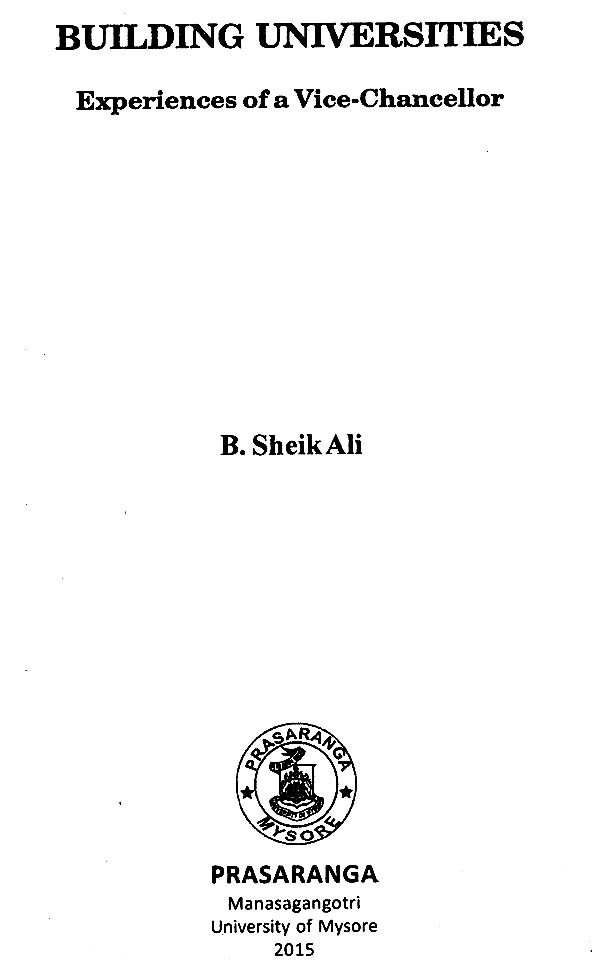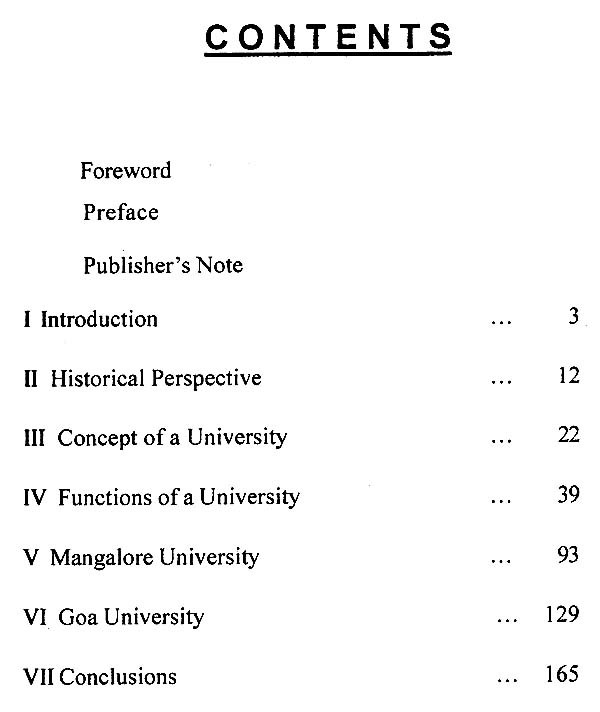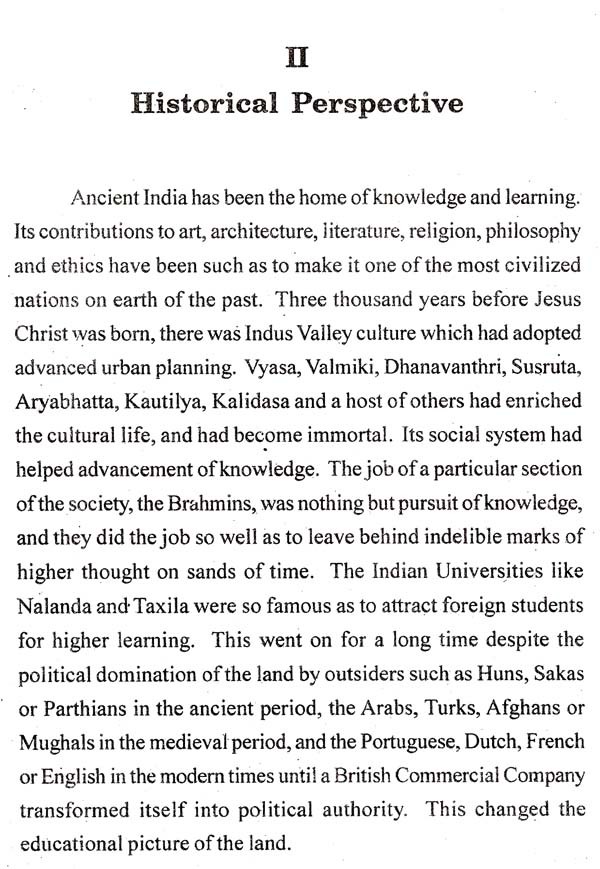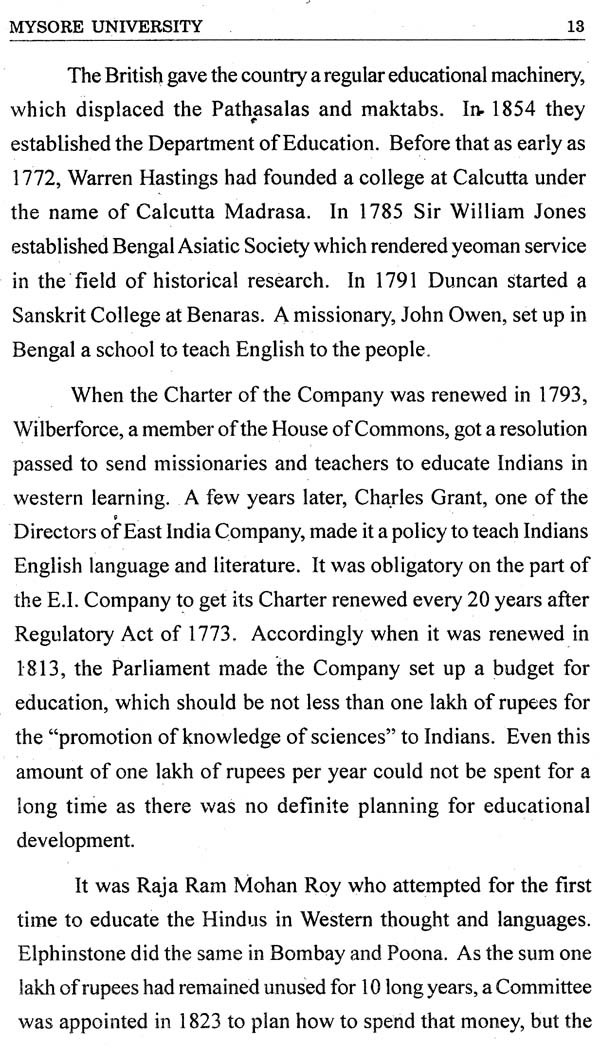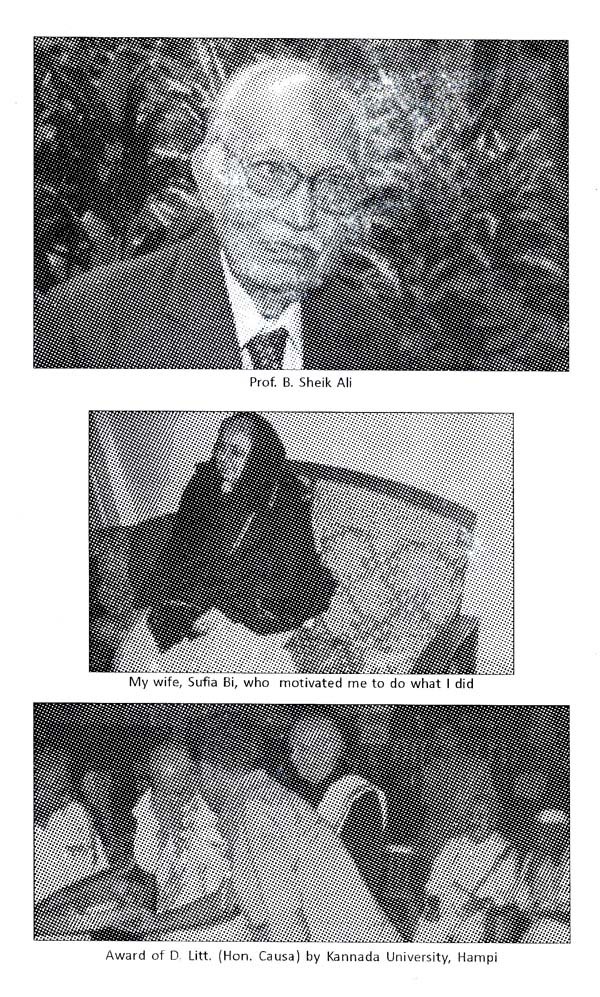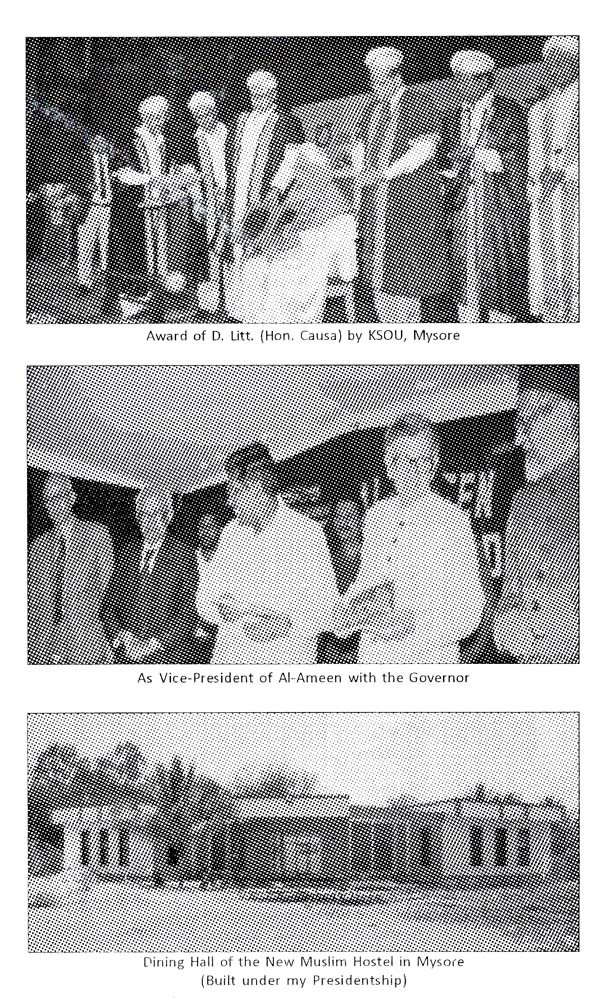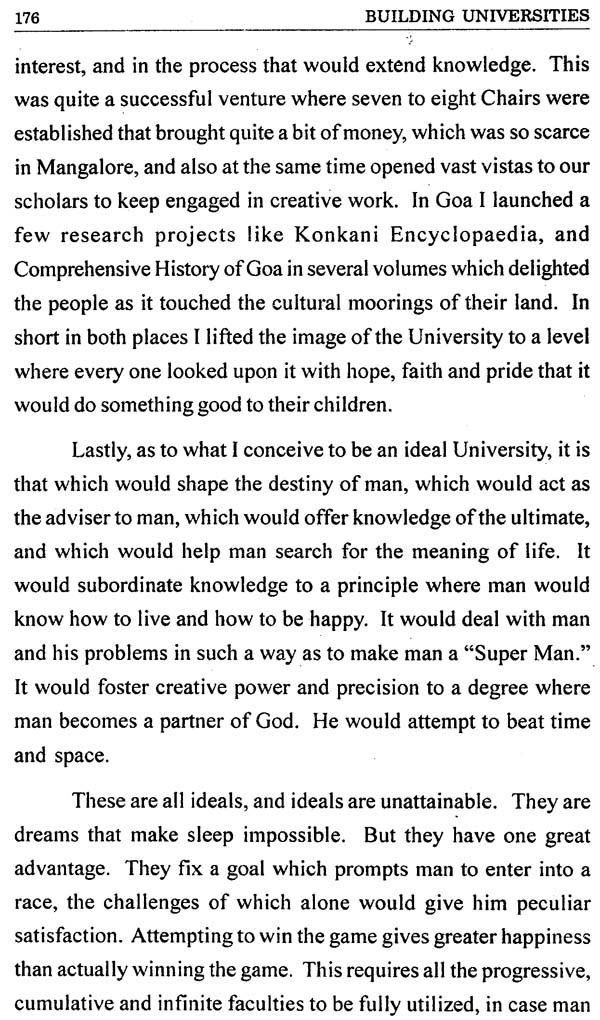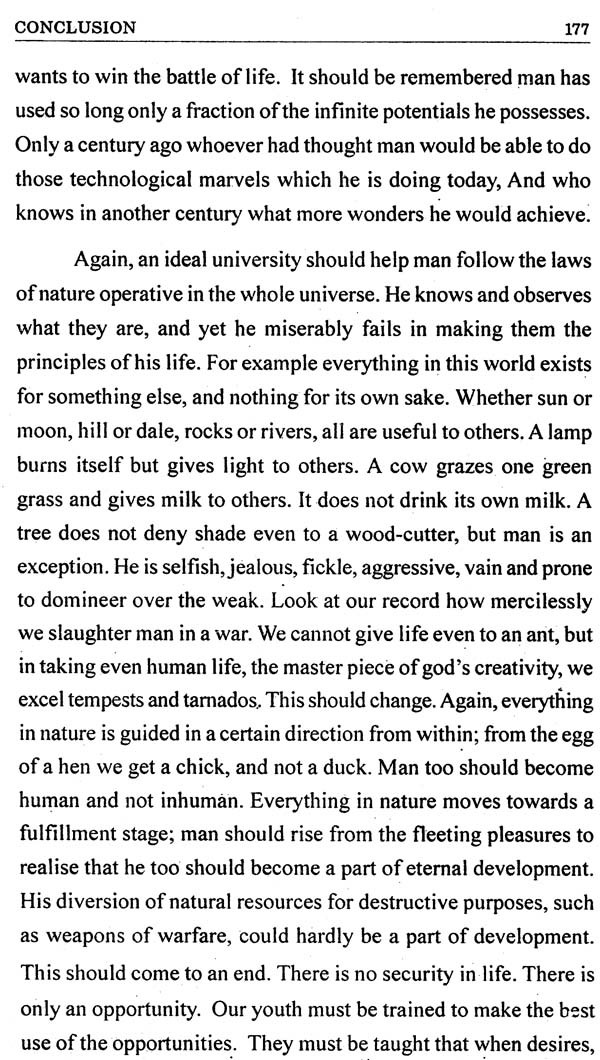
Building Universities- Experiences of A Vice-Chancellor
Book Specification
| Item Code: | AZE121 |
| Author: | B. Sheik Ali |
| Publisher: | UNIVERSITY OF MYSORE, MYSORE |
| Language: | ENGLISH |
| Edition: | 2015 |
| Pages: | 200 (Throghout B/w Illustrations) |
| Cover: | PAPERBACK |
| Weight | 280 gm |
Book Description
The present work. Building Universities (Experiences of a Vice-Chancellor), reflects the risks involved in building universities and also the rewards one is sure to reap for doing a good job. Prof. Sheik Ali traces the saga of his fear in seven petite chapters including Introduction and Conclusion. The learned teacher is a believer in the truth that the wealth of a nation is determined by the superior minds that a nation possesses and also in the dictum on that the destiny of a nation is shaped in the class room.
First, a country of India's size, history, culture and diversity had a fascinating record of higher education, with its own universities of Taxila and Nalanda in the past which attracted students from foreign lands. A particular community specialized in higher thought and produced men of eminence in several sectors of life. The Pathasalas and the Maktabs existed in the country until the advent of the British who laid the foundation of modern system of education on the pattern of London University. Even the British made several experiments under Warren Hastings, Wilberforce, Charles Grant and Macaulay, until Charles Wood's Dispatch in 1854 which became the Magna Carta of higher education in India.
Secondly, Universities are conceived not only to generate and diffuse knowledge, but also to promote scientific and rational temper, develop work-ethics, enrich languages, foster basic human values, and train people in the art of living together in amity and concord. It is rightly said, "Universities are the organs of civilization, the intellectual pioneers of culture, and the sanctuaries of the inner life of a nation". Their main job is not only to cultivate the arts, broaden the humanities and imbibe the skills, but also to act as agents of a great social change in the promotion of attitudes and values, in the enhancement knowledge and culture, in the quest of new humanism and peace and in the integration of ethics and technology. They are t instruments that help man become master of the universe. They are the power houses that enable man to move from the orbit this earth to reach the moon and scan the sky. No wand Universities have given man such knowledge, skill and wisdom to rival God's creativity.
Thirdly, the functions of a University are very complex any institution is organized energy, universities too have to with numerous agencies such as teachers, students, parents, put and the government. The teaching community forms the key f in the system. They are the persons to generate and tran knowledge.
Notwithstanding the validity of these statements, his is a great job, for he is in charge of a University which standing at the summit of higher learning, holds the key for the welfare of man.
**Contents and Sample Pages**
